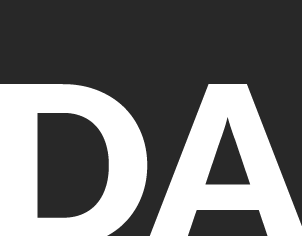When discussing controlled substances, people tend to believe that the term relates to only illegal drugs, but that is not always the case. Instead, they are defined by their effect on a person’s health and welfare.
The drug’s illegality has more to do with the use and obtainment of the substance in most cases, but some drugs, like heroin and cocaine, are always illegal. To understand the specifics of controlled substances, it is necessary to review the drug schedules and associated crimes.
Drug Schedules
Controlled substances vary in their addictive qualities and health risk. The government separates these substances into five classifications or schedules.
- Schedule I: These drugs are unsafe and have no medical use. They carry a high risk of abuse and are considered illegal in all cases. Examples include heroin, LSD, and ecstasy.
- Schedule II: While these drugs do have medical uses, they carry a high risk of addiction. This classification includes narcotics and stimulants like hydrocodone, methadone, Oxycontin, morphine, opium, Adderall, and methamphetamine.
- Schedule III: This classification includes drugs that are less addictive but can still result in physical and psychological dependence. These drugs include codeine, ketamine, Tylenol, anabolic steroids, and Suboxone.
- Schedule IV: This classification includes drugs with addictive qualities but has less potential for abuse than Schedule III drugs. These substances include Klonopin, Xanax, Valium, Ativan, Soma, Versed, Halcion, and Restoril.
- Schedule V: The drugs in this classification include limited narcotics. Some examples include cough syrups containing codeine.
Associated Crimes
The possession of any of the above-controlled substances without a prescription is illegal. The fines and penalties vary depending on the schedule. For example, possession of 500 grams or more of a Schedule II drug may face between five and 40 years in prison and a fine of up to $5 million.
Quantity plays a large role in the punishment of a crime. Significant amounts of controlled substances can mean illegal manufacture, distribution, or conspiracy. The government defined all drugs and crimes related to these substances in the Controlled Substances Act.
If you are unfamiliar with the act or find yourself facing legal troubles for possession of one or more of these substances, contact a drug crime lawyer from a law firm like The Morales Law Firm for help. These legal professionals can help you understand your charges and develop a defense for your upcoming trial. It is crucial to have adequate representation in a drug trial because of the potential for significant fines and prolonged prison sentences.
